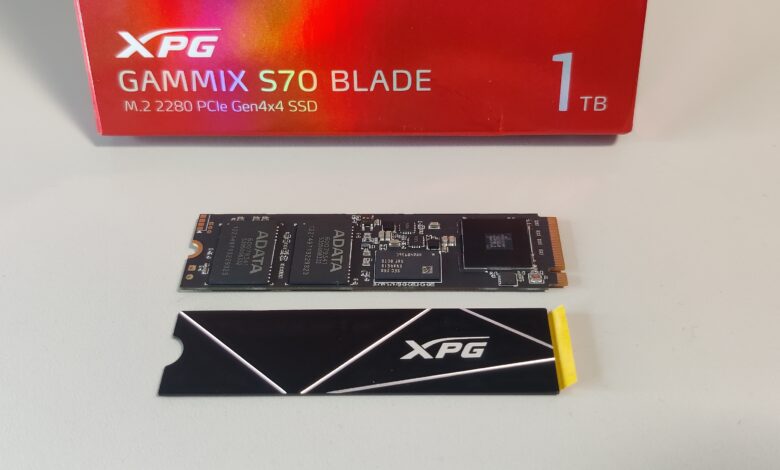
ADATA XPG has a high-end SSD in its portfolio with the GAMMIX S70 BLADE, which is supposed to achieve lightning-fast transfer rates of up to 7,400 MB/s in sequential read as well as 6,800 MB/s in sequential write due to the PCIe Gen4 connection. Meanwhile, the SSD is advertised to give you the full performance of a PS5. Besides NVMe 1.4 support, SLC caching is also on board.
The spec sheet sounds very promising in advance. In today’s test, we will find out whether the GAMMIX S70 BLADE from ADATA XPG can meet our demands.
Technical data
| Capacity | 1 TB | ||||
| Interface | PCIe Gen4x4 | ||||
| Form Factor | M.2 2280 | ||||
| Flash type | 3D NAND TLC 96 Layer | ||||
| Cache | DRAM cache, dynamic SLC cache | ||||
| Controller | Innogrite IG5236 | ||||
| Max. Read/write speed (MB/s) | 7,400/6,800 | ||||
| Max. IOPS (4K Random) |
750.000/750.000 | ||||
| Operating Temperature | 0 °C – 70 °C | ||||
| Storage temperature | -40 °C – 85 °C | ||||
| Scope of delivery | SSD, heat sink | ||||
| Dimensions |
|
||||
| Weight |
|
||||
| MTBF | 2 million hours | ||||
| TBW | 740 TB | ||||
| Warranty | 5 years | ||||
| Price |
€ 92.90 * |
Scope of delivery
The GAMMIX S70 BLADE comes in a red cardboard packaging, which has shiny effects in the light. On the front, all the main features of the SSD are highlighted in color, while more detailed info on the installed technology can be found on the back. These are printed in several languages and present the most important features in a bundle.
Besides the M.2 SSD itself, an optional heatsink is also included. To use it, you just have to peel off the yellow foil and apply the heatsink to the GAMMIX S70 BLADE. The self-adhesive thermal pad then keeps both components in shape.
An overview of the installed technology
To ensure the high transfer speeds, ADATA XPG relies on the InnoGrit IG5236 controller, which has a total of eight channels for the 96 layer 3D NAND chips. However, PCIe x4 4.0 is required for this bandwidth, otherwise the high performance cannot be fully achieved. The dynamic SLC cache primarily buffers the data in the SLC process. These are then written to the NAND TLC area. Furthermore, an LDCP error correction is present to be able to correct data errors in the best possible way. A DRM cache is also part of the package. This is usually not available in many SSDs for price reasons and is thus definitely a plus point.
With the ADATA SSD Toolbox, the manufacturer offers a tool to get a closer look at the installed M.2 SSD. For example, it is also possible to securely delete all data from the SSD without leaving any residues. In terms of data protection, the ADATA XPG GAMMIX S70 BLADE fully automatically encrypts all data with 256-bit.
Test system
For the following tests, the GAMMIX S70 BLADE from ADATA XPG was installed in a Lenovo Yoga Slim 7 Pro X (14″ AMD). The SSD thus has 16 GB of LPDDR5 working memory at its disposal alongside an AMD Ryzen 7 6800HS. The heatsink was mounted at this point as well, so the ADATA XPG GAMMIX S70 BLADE can exploit its full potential.
Performancetest
In order to cover the widest possible range of applications, we use the following applications for testing M.2 SSDs:
- CrystalDiskMark
- ATTO DISK
- HD Tune Pro
Performance test results
Looking at the AS SSD benchmark, the GAMMIX S70 BLADE achieves a very good result and can hold its own far ahead of other tested M.2 SSDs. However, the SSD does not completely reach the manufacturer’s specifications in sequential read and write. As far as the 4K test is concerned, the ADATA XPG GAMMIX S70 BLADE moves more into the midfield with speeds of around 2GB/s in both read and write. Both the benchmark score and the copy benchmark achieved an overall good result and were able to push the SSD to the front places in terms of placement.
Compared with our other tested M.2 SSDs, the ADATA XPG GAMMIX S70 BLADE does not have to hide in any way. Let’s take a closer look at the determined test values:
| wdt_ID | SSD | Lesen | Schreiben | Gesamt |
|---|---|---|---|---|
| 1 | Samsung SSD 960 PRO 2 TB | 1.966 | 1.592 | 4.542 |
| 2 | Samsung SSD 960 EVO 1 TB | 1.623 | 1.397 | 3.809 |
| 3 | Plextor M8SeGN 256 GB | 578 | 82 | 891 |
| 4 | Plextor M9PeG 512 GB | 777 | 127 | 1.244 |
| 5 | Samsung SSD 970 EVO 2TB | 1.985 | 2.228 | 5.219 |
| 6 | Crucial P1 500 GB | 584 | 1.144 | 2.008 |
| 7 | Samsung SSD 970 Evo Plus 250 GB | 1.129 | 2.284 | 3.975 |
| 8 | WD Black SN750 1TB | 1.923 | 2.159 | 5.052 |
| 9 | WD Blue SN550 500 GB | 1.002 | 627 | 2.082 |
| 10 | Corsair MP510 480 GB | 974 | 1.534 | 2.961 |
| 11 | LC-Power Phenom Pro 1 TB | 1.548 | 1.791 | 4.122 |
| 12 | Pioneer APS-SE20Q 1 TB | 1.042 | 1.753 | 3.290 |
| 13 | XPG Spectrix S40G 1 TB | 1.570 | 1.097 | 3.409 |
| 14 | Team Group Cardea IOPS 1 TB | 2.338 | 2.216 | 5.744 |
| 15 | Samsung SSD 980 1 TB | 1.197 | 1.466 | 4.178 |
| 16 | Crucial P5 2 TB | 1.988 | 2.371 | 5.380 |
| 17 | goodram IRDM M.2 512 GB | 2.386 | 2.732 | 6.310 |
| 18 | TEAMGROUP MP34 1 TB | 2.134 | 3.070 | 6.298 |
| 19 | Silicon Power XD80 512 GB | 2.285 | 2.676 | 6.103 |
| 20 | Silicon Power US70 1TB | 3.436 | 4.306 | 9.479 |
| 21 | Kioxia Exceria 1 TB | 1.879 | 1.828 | 4.678 |
| 22 | Kioxia Exceria Plus 2 TB | 2.307 | 3.379 | 6.865 |
| 23 | Crucial P5 Plus 1 TB | 2.524 | 3.350 | 7.248 |
| 24 | WD_BLACK SN750 SE 1 TB | 2.602 | 2.693 | 6.592 |
| 25 | TeamGroup T-Force Cardea Ceramic C440 2 TB | 2.748 | 3.424 | 7.571 |
| 26 | WD Blue SN570 500 GB | 1.325 | 1.961 | 3.933 |
| 27 | Corsair Force Series MP600 Pro LPX 1 TB | 3.546 | 3.989 | 9.345 |
| 28 | goodram PX500 512GB | 1.157 | 1.171 | 2.896 |
| 29 | Kingston KC3000 1 TB | 3.525 | 3.913 | 9.227 |
| 30 | TeamGroup T-Force Cardea Z44L 1 TB | 2.620 | 1.509 | 5.470 |
| 31 | Adata Legend 840 1 TB | 2.048 | 2.853 | 5.977 |
| 32 | Silicon Power XPOWER XS70 1 TB | 3.584 | 3.596 | 9.018 |
| 33 | Kioxia Exceria Pro 2 TB | 2.984 | 3.817 | 8.330 |
| 34 | Corsair Force Series MP600 GS 2 TB | 2.704 | 1.986 | 6.071 |
| 35 | Crucial P3 2 TB | 2.628 | 2.847 | 6.819 |
| 36 | Crucial P3 Plus 2 TB | 2.775 | 3.516 | 7.720 |
| 37 | Kingston NV2 2 TB | 1.828 | 2.033 | 4.773 |
| 38 | ADATA XPG GAMMIX S70 BLADE | 2.194 | 2.554 | 5.854 |
| 39 | TeamGroup MP44 1 TB | 3.336 | 3.878 | 8.884 |
| 40 | Crucial T700 2 TB | 4.526 | 4.369 | 11.244 |
| 41 | Crucial T500 2 TB | 3.836 | 4.942 | 10.730 |
| 42 | Nextorage G Series 4 TB | 3.949 | 4.693 | 10.650 |
| 43 | Kioxia Exceria Plus G3 2 TB | 1.891 | 3.753 | 6.564 |
| 44 | TeamGroup T-Create Classic 1 TB | 3.381 | 3.853 | 8.972 |
| 45 | TeamGroup T-Force Cardea A440 2 TB | 3.954 | 5.058 | 11.010 |
| SSD | Lesen | Schreiben | Gesamt |
| wdt_ID | SSD | AS SSD (lesen) | AS SSD (schreiben) | HD Tune Pro |
|---|---|---|---|---|
| 1 | Samsung SSD 960 PRO 2 TB | 0,220 | 0,373 | 0,018 |
| 2 | Samsung SSD 960 EVO 1 TB | 0,000 | 0,402 | 0,023 |
| 3 | Plextor M8SeGN 256 GB | 0,024 | 0,832 | 0,021 |
| 4 | Plextor M9PeG 512 GB | 0,020 | 0,592 | 0,018 |
| 5 | Samsung SSD 970 EVO 2TB | 0,032 | 0,349 | 0,018 |
| 6 | Crucial P1 500 GB | 0,020 | 0,448 | 0,017 |
| 7 | Samsung SSD 970 Evo Plus 250 GB | 0,049 | 0,027 | 0,049 |
| 8 | WD Black SN750 1TB | 0,030 | 0,024 | 0,034 |
| 9 | WD Blue SN550 500 GB | 0,028 | 0,585 | 0,021 |
| 10 | Corsair MP510 480 GB | 0,051 | 0,250 | 0,034 |
| 11 | LC-Power Phenom Pro 1 TB | 0,265 | 0,023 | |
| 12 | Pioneer APS-SE20Q 1 TB | 0,032 | 0,271 | 0,033 |
| 13 | XPG Spectrix S40G 1 TB | 0,038 | 0,062 | |
| 14 | Team Group Cardea IOPS 1 TB | 0,028 | 0,036 | |
| 15 | Samsung SSD 980 1 TB | 0,299 | 0,028 | |
| 16 | Crucial P5 2 TB | 0,106 | 0,050 | |
| 17 | goodram IRDM M.2 512 GB | 0,024 | 0,018 | 0,027 |
| 18 | TEAMGROUP MP34 1 TB | 0,024 | 0,018 | 0,026 |
| 19 | Silicon Power XD80 512 GB | 0,024 | 0,016 | 0,024 |
| 20 | Silicon Power US70 1TB | 0,017 | 0,016 | 0,018 |
| 21 | Kioxia Exceria 1 TB | 0,025 | 0,022 | 0,025 |
| 22 | Kioxia Exceria Plus 2 TB | 0,022 | 0,028 | |
| 23 | Crucial P5 Plus 1 TB | 0,027 | 0,028 | 0,026 |
| 24 | WD_BLACK SN750 SE 1 TB | 0,019 | 0,105 | 0,015 |
| 25 | TeamGroup T-Force Cardea Ceramic C440 2 TB | 0,022 | 0,023 | |
| 26 | WD Blue SN570 500 GB | 0,027 | 0,024 | |
| 27 | Corsair Force Series MP600 Pro LPX 1 TB | 0,019 | 0,021 | 0,018 |
| 28 | goodram PX500 512GB | 0,021 | 0,101 | 0,019 |
| 29 | Kingston KC3000 1 TB | 0,020 | 0,018 | |
| 30 | TeamGroup T-Force Cardea Z44L 1 TB | 0,318 | 0,019 | |
| 31 | Adata Legend 840 1 TB | 0,020 | 0,047 | |
| 32 | Silicon Power XPOWER XS70 1 TB | 0,015 | 0,018 | |
| 33 | Kioxia Exceria Pro 2 TB | 0,016 | 0,018 | |
| 34 | Corsair Force Series MP600 GS 2 TB | 0,014 | 0,020 | 0,019 |
| 35 | Crucial P3 2 TB | 0,015 | 0,016 | 0,017 |
| 36 | Crucial P3 Plus 2 TB | 0,014 | 0,015 | 0,015 |
| 37 | Kingston NV2 2 TB | 0,132 | 0,023 | |
| 38 | ADATA XPG GAMMIX S70 BLADE | 0,026 | 0,031 | 0,038 |
| 39 | TeamGroup MP44 1 TB | 0,021 | 0,047 | 0,025 |
| 40 | Crucial T700 2 TB | 0,015 | 0,039 | 0,017 |
| 41 | Crucial T500 2 TB | 0,022 | 0,017 | 0,028 |
| 42 | Nextorage G Series 4 TB | 0,023 | 0,020 | 0,035 |
| 43 | Kioxia Exceria Plus G3 2 TB | 0,014 | 0,014 | 0,019 |
| 44 | TeamGroup T-Create Classic 1 TB | 0,016 | 0,016 | 0,019 |
| 46 | TeamGroup T-Force Cardea A440 2 TB | 0,016 | 0,015 | 0,020 |
| SSD | AS SSD (lesen) | AS SSD (schreiben) | HD Tune Pro |
ADATA XPG GAMMIX S70 BLADE review: conclusion
ADATA XPG’s GAMMIX S70 Blade is a sensible M.2 SSD, which impressed with improved compatibility and outstanding performance in our test. Due to the fast PCIe Gen4 interface in conjunction with the InnoGrit IG5236 controller, the SSD can reach speeds of almost up to 7,400 MB/s. All copying processes proved to be very fast, whereas the usual operating temperature settled at around 26 °C during normal PC use.
The flat design of the GAMMIX S70 Blade with optional cooler included makes it especially an attractive choice in slim systems, the PS5 or even gaming notebooks. However, it should be noted here that the complete waste heat cannot be optimally dissipated due to the slim cooler. However, the overall performance is only slightly affected in long sequences at this point. If this is important to you, you can alternatively switch to the GAMMIX S70 from the same manufacturer, which has a larger cooler.
As for the build quality, it is on a high level in our opinion. The 1 TB version of the ADATA XPG GAMMIX S70 BLADE used in our test also offers enough storage space for games, media and the operating system itself.
Due to the current price drop in the SSD market, you can get the GAMMIX S70 Blade for the current price of € 92.90 * instead of an MSRP of more than the 100€ mark. A good price-performance ratio is therefore more than warranted in this respect in 2023!
ADATA XPG GAMMIX S70 BLADE
Access times
Transfer rate (read)
Transfer rate (write)
Value for money
91/100
Ideal SSD for gaming! The short load times round off the overall package sensibly.
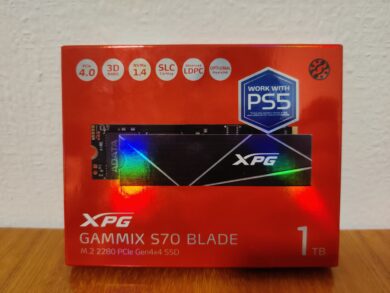
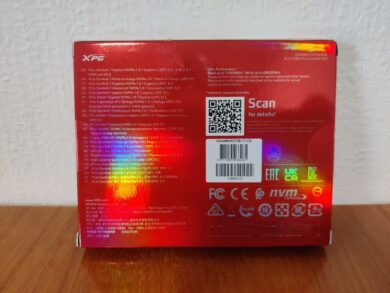


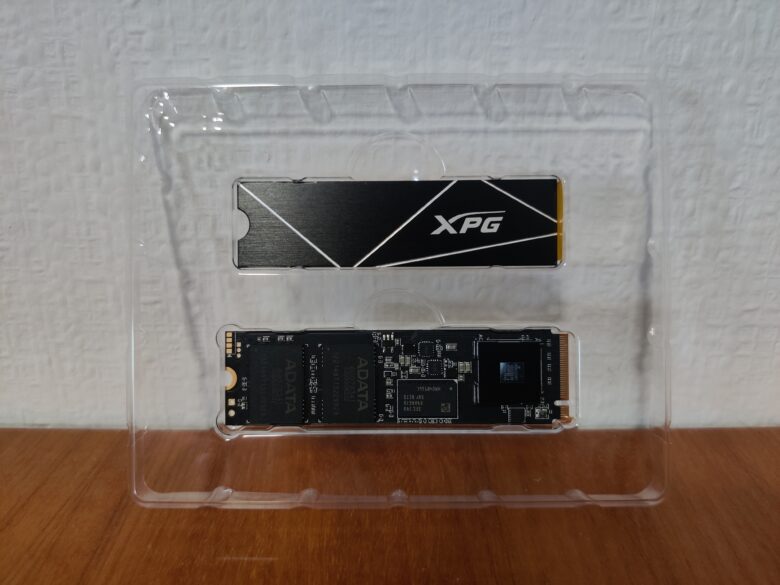
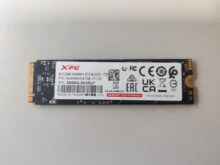
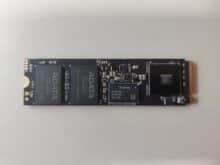
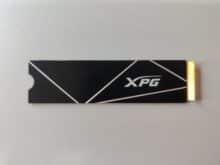
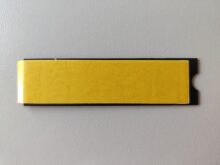
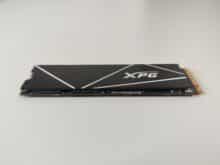
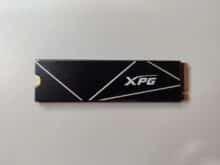
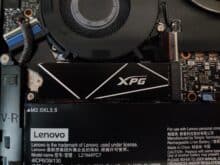
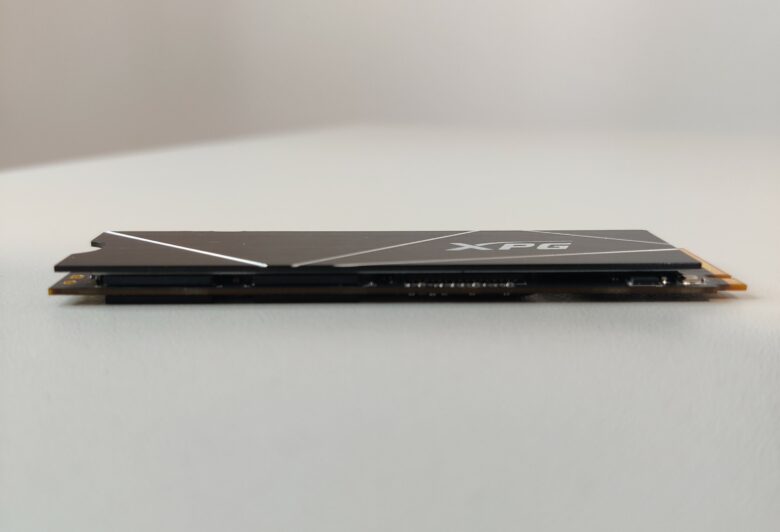
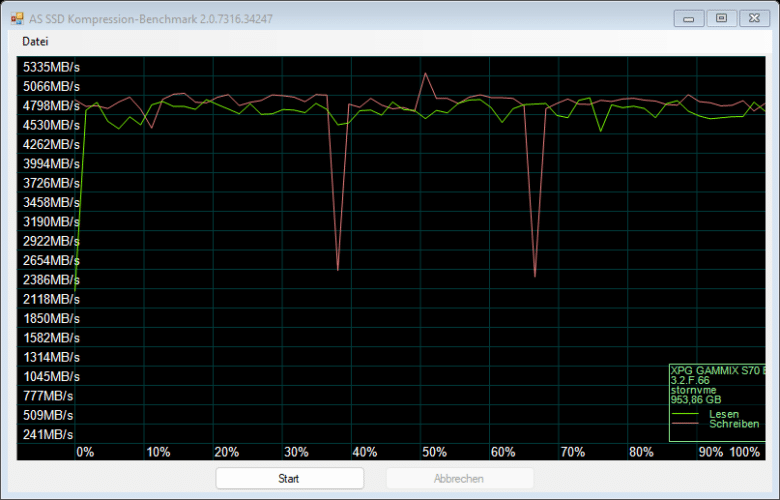
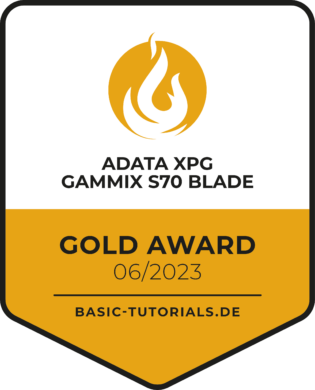
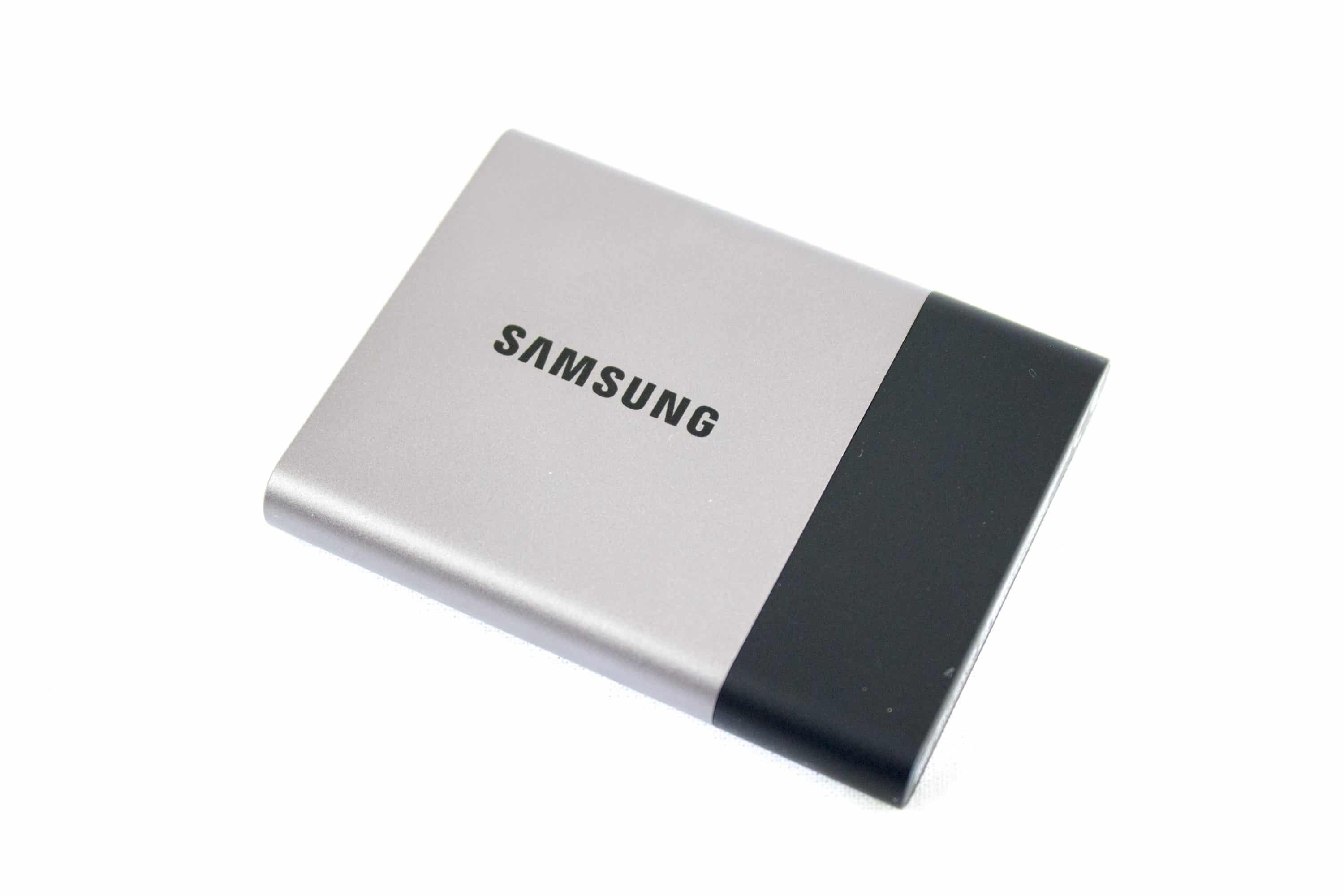
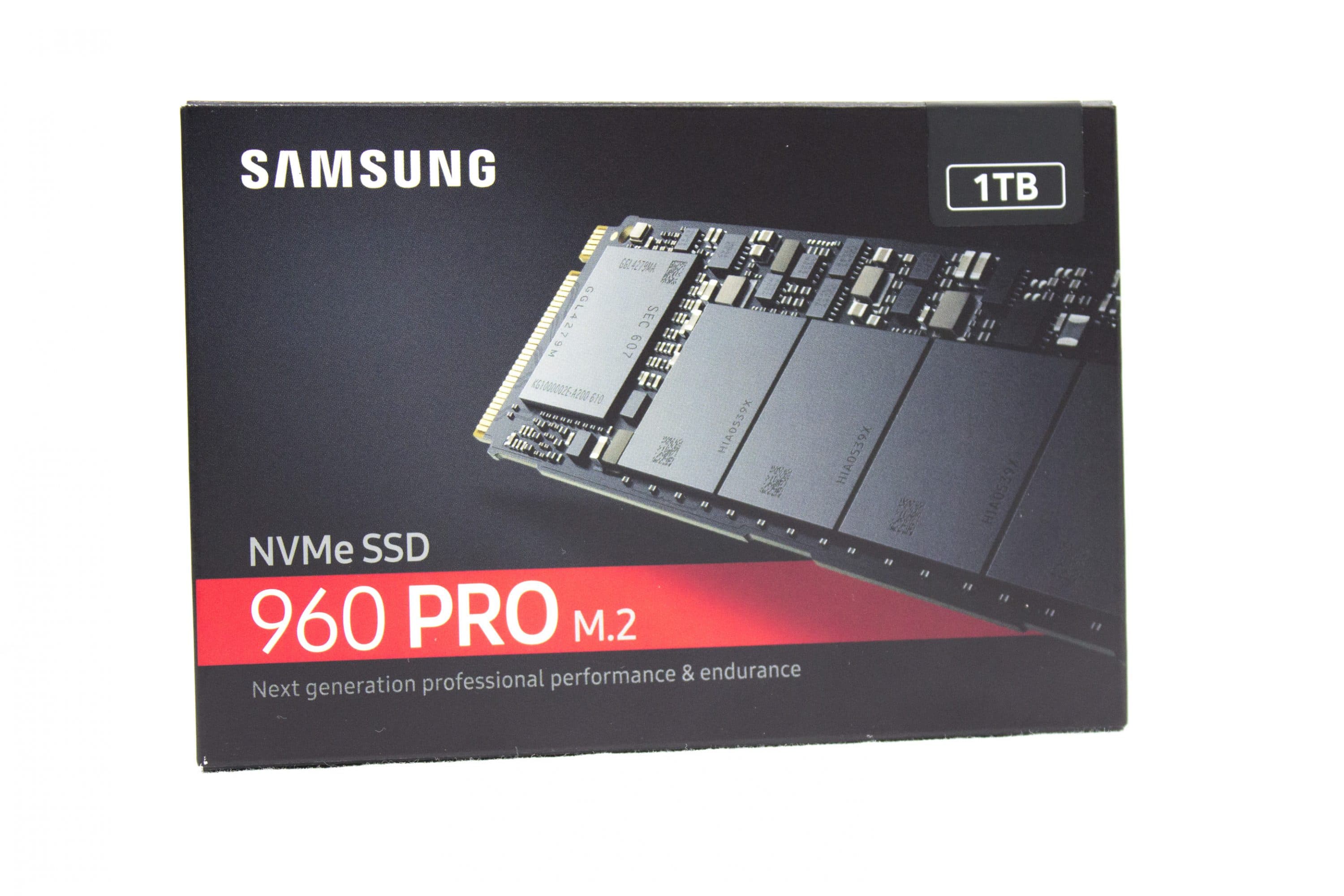
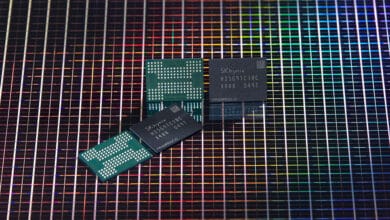
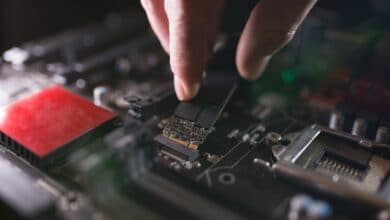
No replies yet
Neue Antworten laden...
Gehört zum Inventar
Beteilige dich an der Diskussion in der Basic Tutorials Community →